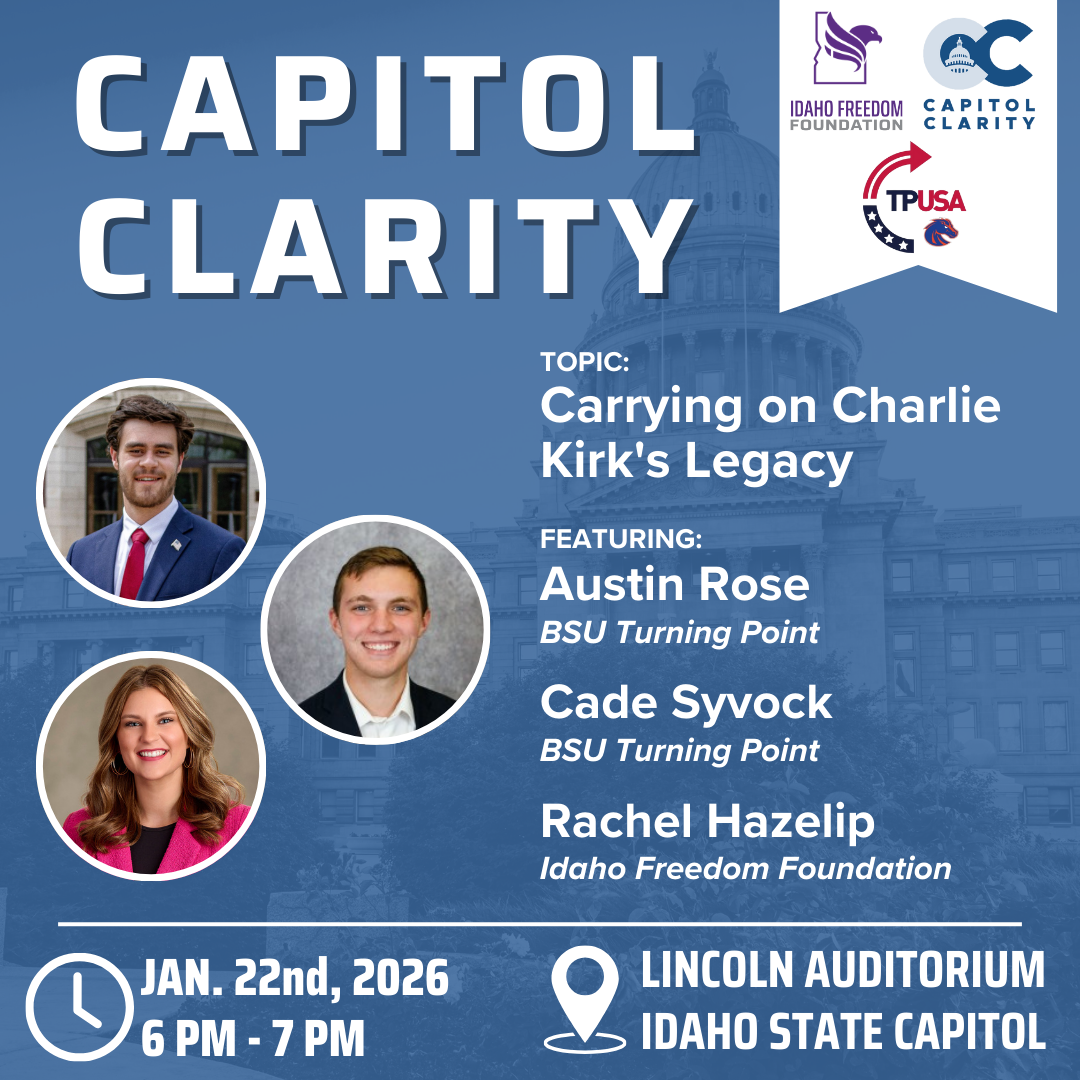


Bill Description: House Bill 190 transfers the duty of investigating public assistance fraud from the Department of Health and Welfare to the Idaho State Police, thus reducing conflicts of interest.
Rating: +1
Does it increase government redistribution of wealth? Examples include the use of tax policy or other incentives to reward specific interest groups, businesses, politicians, or government employees with special favors or perks; transfer payments; and hiring additional government employees. Conversely, does it decrease government redistribution of wealth?
Public assistance programs are some of the most overt methods of involuntary wealth transfers, and they suffer from frequent and ongoing fraud. This problem has escalated considerably over the last year due to the massive increases in public assistance that have been fast-tracked in response to the economic harm caused by the government's reaction to COVID-19.
Estimates suggest that more than $100 billion in coronavirus aid money has been lost to fraud and incompetence across the country, with more than 100 defendants having already been charged across 71 cases of fraud.
In Idaho, public assistance fraud is handled by the Department of Health and Welfare, yet this department recently disbanded its full-time fraud unit of trained investigators. Considering that the department’s budget grows based on how many people it can enroll in public assistance programs, it is perhaps unsurprising that rooting out fraud is not considered one of the department's primary objectives.
House Bill 190 transfers the duty of investigating public assistance fraud from the Department of Health and Welfare to the Idaho State Police, thereby reducing the conflicts of interest inherent in having the department investigate its own enrollees.
By transferring the existing $580k budget for investigating public assistance fraud to the Idaho State Police, it is probable that redistribution of wealth based on fraud will be reduced in Idaho.
(+1)


